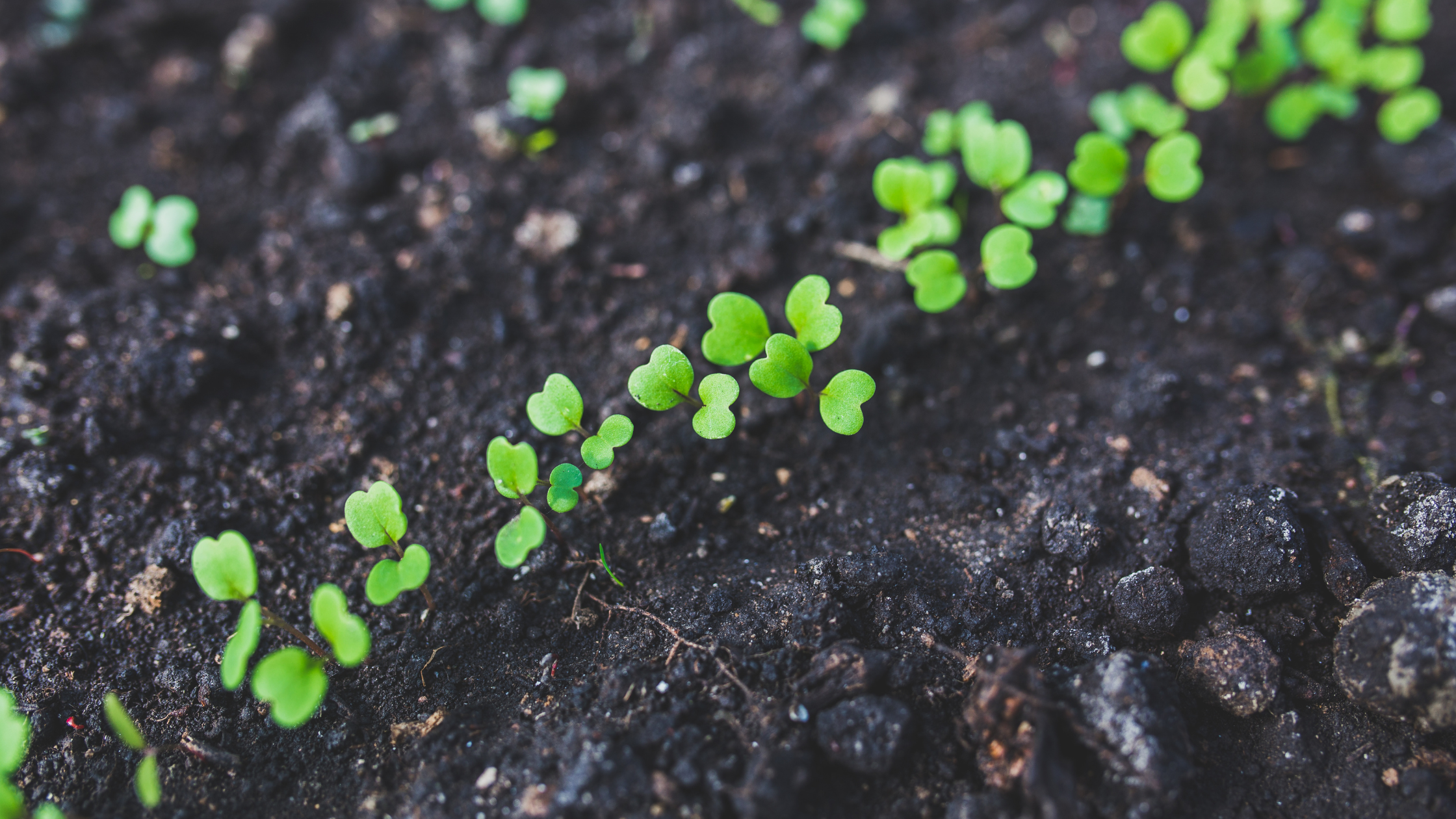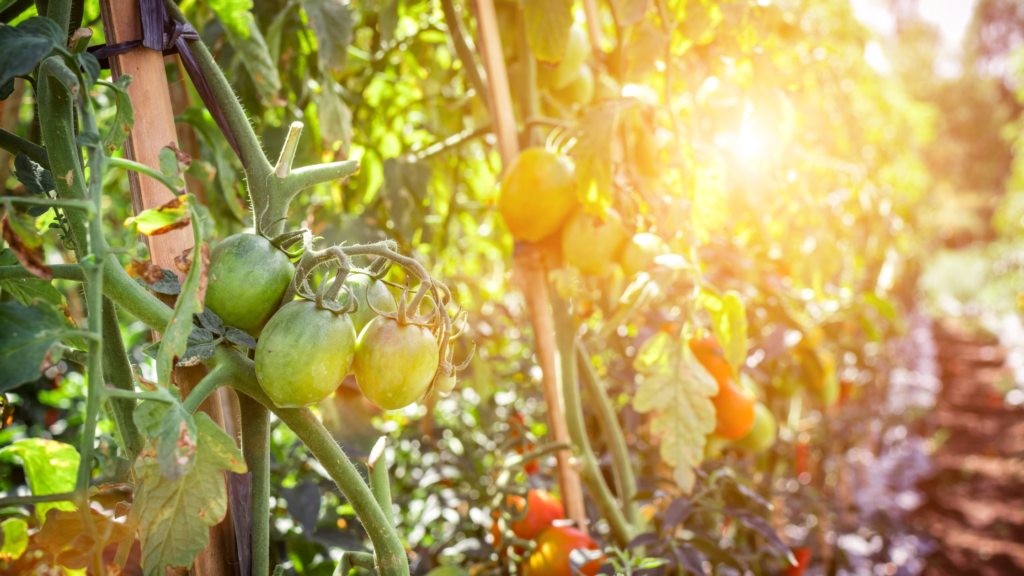
Organic Farming and Biodiversity – Cultivating a Harmony Between Crops and Nature
Introduction
Organic farming benefits go beyond just producing healthier food. Organic farming plays a crucial role in fostering a sustainable environment. The impact of organic farming on biodiversity is significant, creating a delicate balance between agriculture and nature.
In embracing organic farming, we witness a positive shift in agricultural practices. The use of natural fertilizers and avoidance of synthetic pesticides not only lead to better produce but also contribute to a healthier ecosystem. This symbiotic relationship promotes a more sustainable and resilient environment.
Generally, understanding the impact of organic farming on biodiversity unveils its role in preserving various species. Further, the absence of harmful chemicals allows for the flourishing of diverse flora and fauna. Moreover, this harmonious coexistence ensures that farming doesn’t harm the natural balance, creating a thriving ecosystem for generations to come.
In essence, the synergy between organic farming benefits and the impact of organic farming on biodiversity forms the cornerstone of a holistic approach to agriculture. Embracing these practices not only secures a healthier future for our crops but also nurtures the delicate dance between human cultivation and the natural world.
Benefits of Organic Farming

Organic farming benefits extend far beyond mere crop cultivation. It’s a holistic approach that yields healthier produce and nurtures soil health. This method not only provides nutrient-rich food but also contributes to sustainable agriculture, fostering a positive impact of organic farming on biodiversity.
In general, in the realm of agriculture, the advantages of organic farming are diverse. Healthier produce results from the avoidance of synthetic pesticides, ensuring a more nutritious and untainted harvest. Simultaneously, the emphasis on natural fertilizers aids in soil conservation, maintaining its fertility for future cultivation.
A crucial aspect lies in the impact of organic farming on biodiversity. By steering clear of harmful chemicals, organic farming creates an environment where various species can thrive. This interconnected harmony between cultivation and nature not only secures better crops but also contributes to the preservation of our diverse ecosystems.
Biodiversity in Agriculture
In the realm of agriculture, the advantages of embracing organic farming are manifold. This approach transcends conventional practices, championing a method that not only yields wholesome produce but also fosters the health of our precious soil. The positive impact of organic farming on biodiversity emerges as a crucial link in this sustainable chain.
Diverse ecosystems play a pivotal role in the success of sustainable agriculture. By embracing organic farming benefits, we inadvertently contribute to the preservation of varied ecosystems. The absence of synthetic chemicals allows for the flourishing of different plant and animal species, creating a balanced and resilient environment.
The profound connection between biodiversity and resilience to pests and diseases becomes evident in the context of organic farming benefits. Through the natural cultivation practices it employs, organic farming enhances the ecosystem’s ability to fend off threats, creating a harmonious cycle that benefits both crops and the environment.
Challenges Faced
Embracing the myriad organic farming benefits comes with its share of challenges. Common hurdles include adapting to new methods, initial financial investments, and resistance to change. Overcoming these challenges is essential for the long-term impact of organic farming on biodiversity.
Implementing organic farming may face resistance due to a lack of familiarity. Financial investments in transitioning can be daunting, but the returns, both environmentally and economically, outweigh the initial costs. Educating farmers and providing support can pave the way for a smoother transition.
To ensure the positive impact of organic farming on biodiversity, strategic planning is crucial. Promoting awareness, offering financial incentives, and providing technical support can incentivize farmers to adopt organic practices. Overcoming these challenges not only sustains agriculture but also fosters a biodiverse and resilient environment.
From Farm to Table: A Healthier Future for All
Organic farming extends a multitude of advantages to consumers, forming a symbiotic relationship between the earth and our plates. The improved quality of organic produce ensures a healthier diet, free from harmful chemicals. With reduced chemical exposure, consumers can relish food that not only tastes better but contributes to their overall well-being.
Beyond personal health, embracing organic farming means supporting local farmers and communities. The thriving organic sector creates economic opportunities, bolstering local economies. This not only preserves cultural heritage but also ensures the continuation of traditional farming practices that have sustained communities for generations.
In the consumer landscape, the positive impact of organic farming on biodiversity is far-reaching. By choosing organic produce, individuals actively contribute to the conservation of ecosystems and diverse species. This conscientious choice not only benefits personal health but also plays a crucial role in shaping a sustainable and environmentally conscious future.
Joining the Harmony: Embracing Organic Choices
When aiming to enjoy organic farming benefits, start by consciously choosing organic produce during your grocery runs. This simple step ensures you consume food free from harmful chemicals, promoting your well-being and supporting sustainable agriculture.
Engaging with local organic farmers and initiatives is another impactful way to bolster the impact of organic farming on biodiversity. By building connections with those who cultivate organically, you actively contribute to a healthier environment and community.
Taking your support a step further, advocate for policies that promote and protect organic agriculture. Encourage regulations that incentivize sustainable farming practices, benefiting both farmers and consumers. These policies play a vital role in shaping a future where the organic farming benefits are widespread and accessible. By actively participating in this advocacy, you contribute to the growth of a thriving organic sector, ensuring a sustainable and healthier food ecosystem for all.
For the best in organic products, explore your nearest Uyir Organic Farmers Market. Alternatively, visit www.uyironline.in or www.uyirorganic.farm for a convenient online shopping experience that aligns with your commitment to supporting organic farming.